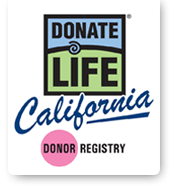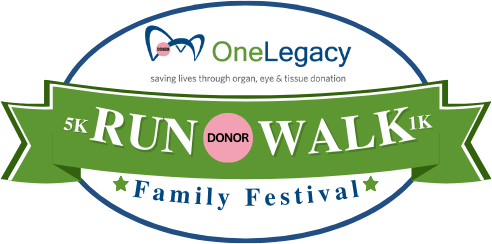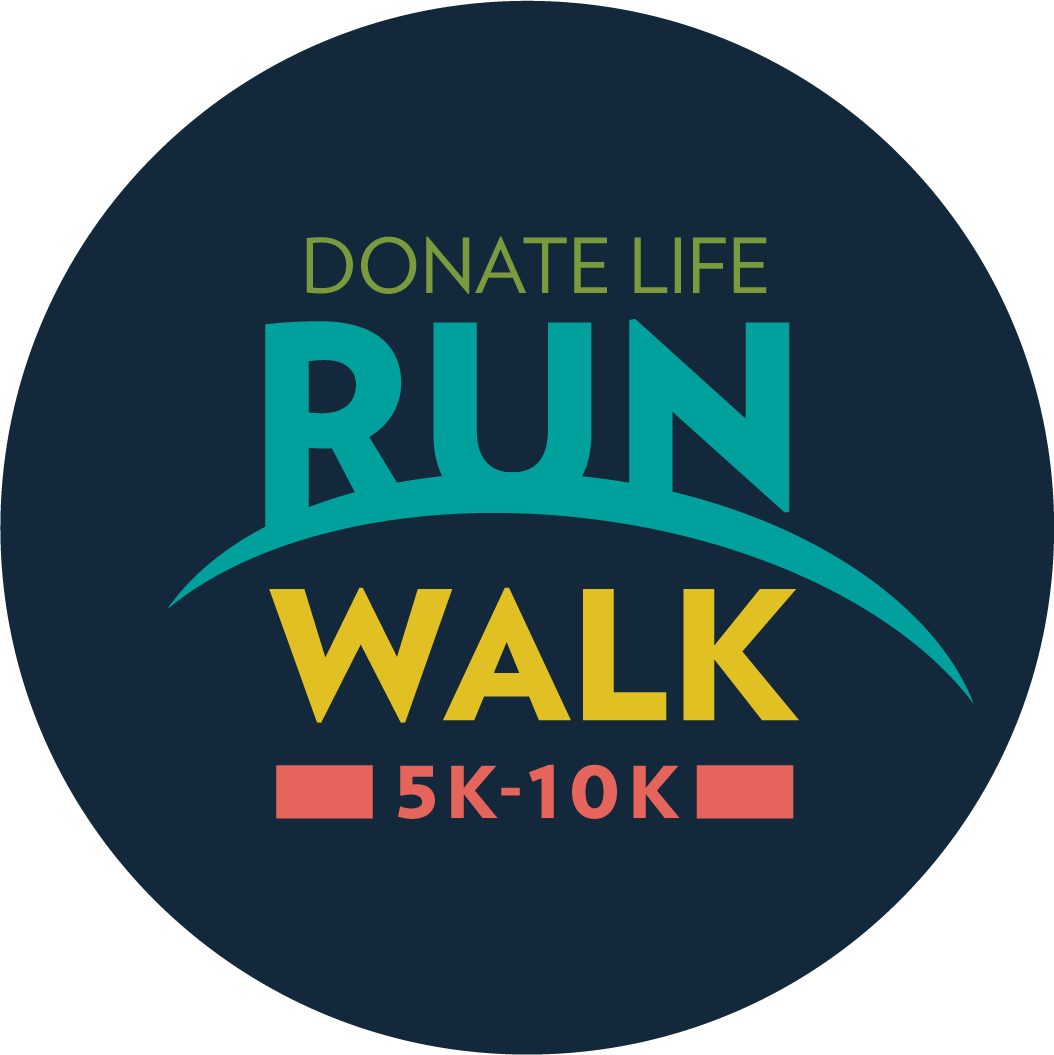Include an Organ Donation Presentation in the Start of Your School Year
Each fall, thousands of students step onto high school campuses around California for the first time. Over the next four years, they will learn so many things. We hope one piece of that will include an organ donation presentation.
For all the educators out there, the start of the school year is the perfect time to get a presentation on your lesson plan calendar.
As students are heading to get their first driver’s license, they’ll be asked the important question of whether they want to be donors. It’s important to ensure they have all their questions answered before they make their decision.

It’s Now a Part of the Curriculum
In 2012, Governor Jerry Brown signed into law Assembly Bill 1967 which required the health and science frameworks to add information on transplantation and donation. It has since been added to the health framework and will be in the next edition of the science framework.
Donate Life California has worked to create lesson plans and provide educators with resources to help them in preparing for teaching their high school students about donation and transplantation. This can include showing our “Decision to Donate” video, donation related games such as our crossword puzzle, an organ donation presentation, and more.
Why is Discussing Donation in the Classroom Important?
In many cultures, death isn’t a topic we like to talk about. While some students will have discussions at home about donation, many high school students will not be thinking about what they want to happen if they were to pass away. When students fill out their driver’s license application, they will be asked for the first time whether they’d like to register as an organ, eye and tissue donor.
At this point, it is likely that these students haven’t had the chance to learn about, discuss, or ask questions about what donation means.
Having donation and transplantation discussed in the classroom ensures that students are making the best decision for them when they are asked to become a donor.

Does Being a Minor Make a Difference?
In California, you can first sign up for the official organ, eye and tissue donor registry at the age of 13. This is most common when a teenager goes to the DMV for their driver’s license.
While minors may register their intent to become a donor, their parents or legal guardian will still have the final decision on whether their child becomes a donor until they are 18 years old.
At the same time, if a teen wishes to register, their decision to donate will become legally binding when they turn 18. This allows them to ensure their wishes are met as they have the choice to make them.
What Do We Teach Our Students?
First and foremost, it is important to teach students what donation and transplantation are, as well as the facts about the process. There are often myths that are tied to donation and addressing the student’s questions about donation will help them better understand what organ, eye and tissue donation is.
Once students understand the basics of donation, it gives you an opportunity to teach them why donation and transplantation are important. Giving students the opportunity to understand the impact it has on others can help them make the best decision for them.
Additionally, teaching students the importance of discussing donation and their decision with their families is suggested. As noted, minors won’t make the final decision. But even more so, it’s helpful at any age to inform your family members of your wishes after you pass away, even though death isn’t always easy to talk about.

Why Schedule an Organ Donation Presentation?
We’d love to work with you to bring an expert to your classroom when you’re covering donation and transplantation. Having an organ donation presentation as a part of your lesson plan allows you to have an expert answering your students’ questions and allows them to hear personal stories about donation.
While we provide a resource that will answer the most common questions regarding donation, your students might have additional ones you might not yet know the answers to. When you bring in a volunteer or staff member from our local organ procurement organizations, they’ll be able to make sure you’re students questions are answered.
While some students will see the importance of registering as a donor through statistics and facts, some students will be moved by hearing a personal story of how donation has impacted their lives. Whether it is a transplant recipient, living donor, or donor family member who makes the organ donation presentation, this personal connection can make the impact of donation real to your students.

How to Schedule a Presentation?
We have volunteers and staff from the organ procurement organizations around the state that would love to come to your classroom. They’ll work with you to create a presentation that fits your needs and your classroom.








